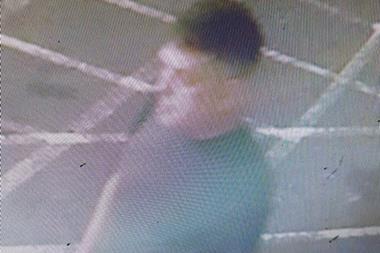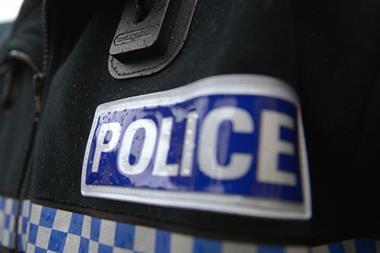MRH has recorded a substantial rise in turnover and profits in its final set of results before the takeover by its rival MFG.
The company, which was number one in Forecourt Trader’s Top 50 Indies with 491 sites, made a pre-tax profit of £73.4m in the year to October 1 2017, up 28.8% from £57m the previous year.
Turnover was up 10.4% to £2.3bn, compared with £2.1bn the previous year.
The accounts reveal financial details for the four businesses that were acquired as subsidiaries during the year – Zain Investments (Spring Petroleum), Mitha Forecourts, Chartman Holdings and Peregrine Retail – for a total consideration of £117m.
Spring Petroleum, which at the time was ranked 11th in the Top 50 Indies with 27 sites, was acquired for a total consideration of £62.5m, comprising cash of £46.8m and debt of £15.6m, and Chartman, which had 10 sites and was ranked 27th in the Top 50 Indies, was acquired for a cash consideration of £36.6m.
Peregrine Retail, which had five substantial sites in the south of England, was acquired for a consideration of £13.8m, comprising £13m cash and £800,000 debt, freehold and the cash consideration for Mitha Forecourts, with two sites in South Yorkshire, was £4.3m.
As part of the Peregrine deal MRH is committed to £8.5m of lease premiums for new to industry sites.
In his report with the accounts, chief financial officer Steve Back said the company had focused on fuel margin at the expense of fuel volume. He also said the group had sought to increase its sales of premium fuel as a percentage of total fuel sales, and that it priced its premium fuels at a higher margin than standard fuels.
He added: “The convenience and food to go markets continue to grow, and the group is developing a number of innovative newly rebranded retail fuel stations to benefit from this market and consumer change in shopping and buying food on the move, together with the traditional fuel sales and ancillary services that the group already provides.”
He also revealed that rent was not a significant cost for the business as 82% of group property was freehold. At the year end its freehold property had been revalued at £987m, compared with £732m the previous year.






























No comments yet